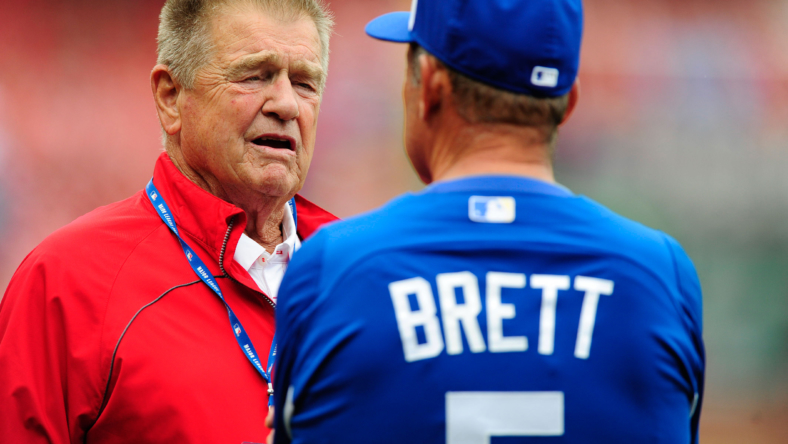
For various reasons, COVID-19 among them, the World Baseball Classic hadn’t been played for six years until this year. For the most part, MLB had been trumpeting the success of the WBC, which has drawn large crowds in Tokyo, Phoenix and Miami but hadn’t been saying much about the pace of play in those venues, with games routinely lasting more than three hours, including three of more than four hours in Taichung, Taiwan and Tokyo in pool play.
Games averaged 3:27 in Taiwan, 3:23 in Tokyo, 3:13 in Phoenix and 2:59 in Miami in the first round.
Especially in Miami, where four Latin American countries were competing, fans celebrated wildly in the stands and players celebrated wildly on the field, pouring out of the dugout even for runs scored, let alone home runs. The latter added to game times, but no one seemed to mind.
And then, there was the post-game celebration in which the New York Mets’ Edwin Diaz, perhaps the premier closer in the game, suffered a right knee injury during the Puerto Ricans’ bouncing-up-and-down madness after Diaz had recorded the final out Wednesday night in the 5-2 win over the Dominican Republic that moved Puerto Rico into the semifinals and a limping Diaz into a wheelchair. His brother, Alexis, a Cincinnati reliever on the Puerto Rican squad, cried as his brother was taken off the field.
Next time around for the WBC in three years, teams aren’t going to be so permissive in letting their stars go play for their national teams. A hamstring injury to the Los Angeles Dodgers’ Freddie Freeman, who was playing for the Canadian team, is one thing. A serious injury to Diaz, crimping the high-salaried New York Mets’ playoff chances, is quite another.
Former Cardinals manager dishes on MLB new rules

Before the injury to Diaz, Hall of Fame manager Whitey Herzog, who is all right with legitimate measures at speeding up MLB games, took a shot at the rule that made the bases look like pizza boxes this spring. The smaller bases were still in play in the WBC as were shifts.
“They made the wrong base bigger,” said Herzog. “They ought to make the black (edge) on home plate white and add an inch to each side of the plate. Then you would have a larger strike zone. That would hasten the game more than anything instead of all this silly stuff they’re trying to put into the game.
“When I was playing, Ed Runge had the biggest strike zone of any umpire I’d ever seen and everybody knew they’d better go to hacking. I think that would help the game more than anything else. Umpires haven’t been calling 0-2 pitches. If you watch a baseball game on television, they could ring people up on 0-2 pitches, but they won’t now even if they’re right on the corner.”
Herzog also had some thoughts on previous MLB legislation that has been maintained. “The three-batter rule (a pitcher has to face three hitters under most circumstances) isn’t right either,” he said. “You shouldn’t be able to tell a manager he can’t make a pitching change. He should be able to do anything he wants. And then I was surprised the players voted in the 10th inning rule.” That one stipulates that each team starts with a player on second base in extra innings.
“I don’t think a pitcher should get the loss when he doesn’t put the runner on,” said Herzog.
“What the commissioner is telling you is that the games are too long so we’ve got to do something about that but there’s going to be some times whether it’s an automatic ball or strike, that it’s going to make the outcome of the game unfair.”
That result, in either case, would be a violation of the MLB pitch clock.
It was kind of fun to watch the WBC and observe catchers actually putting down signs with their fingers, like they used to do, instead of catchers, or even pitchers, calling pitches via PitchCom buttons. I didn’t mind the infield shifts. It was even fun watching the players celebrate as heartily as the fans.
Until it wasn’t.
Rick Hummel, who was inducted into the National Baseball Hall of Fame for baseball writing, is the baseball columnist for Sportsnaut.
